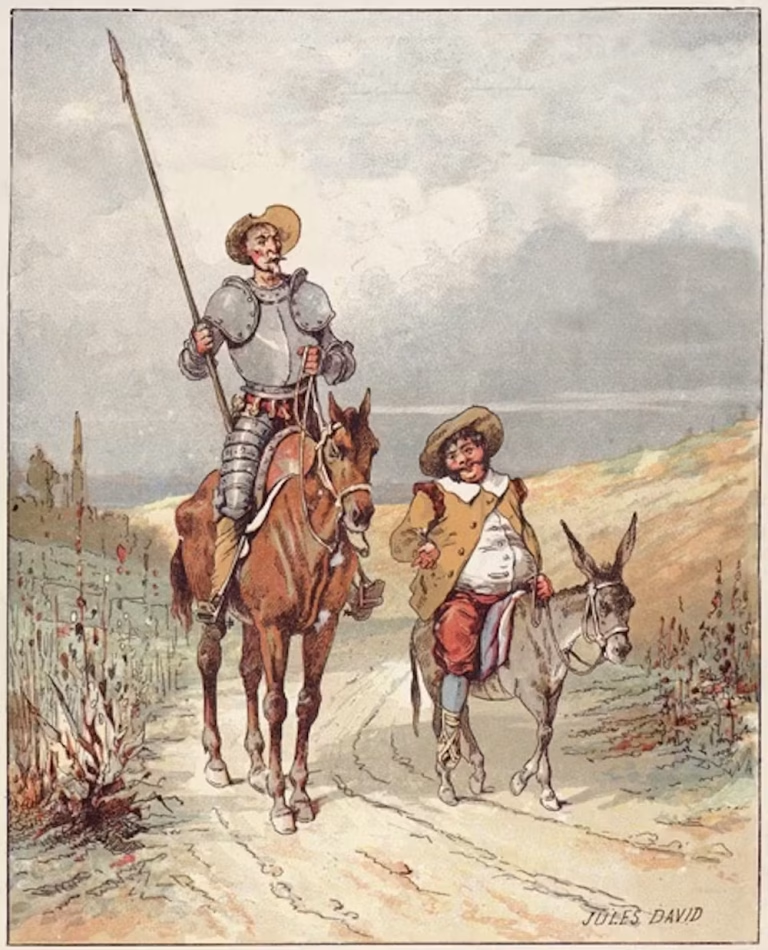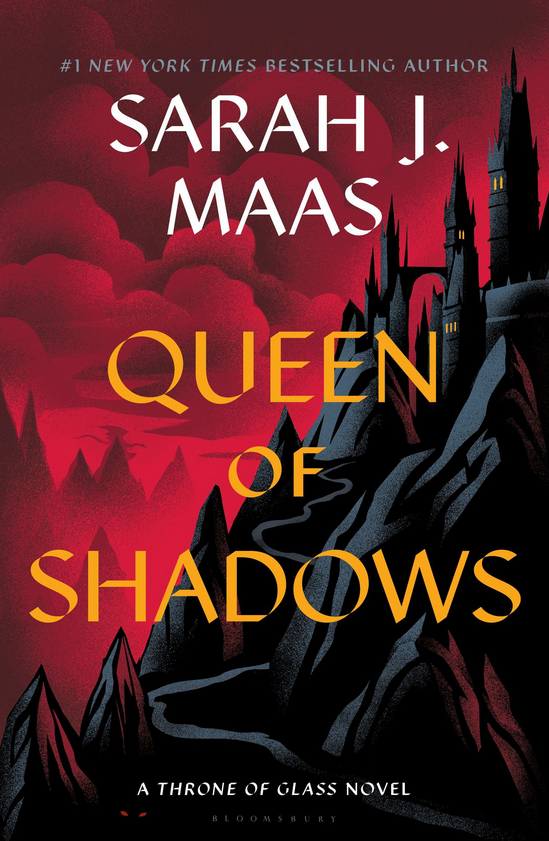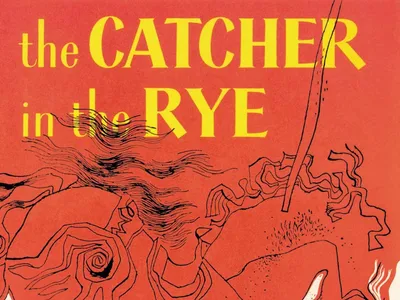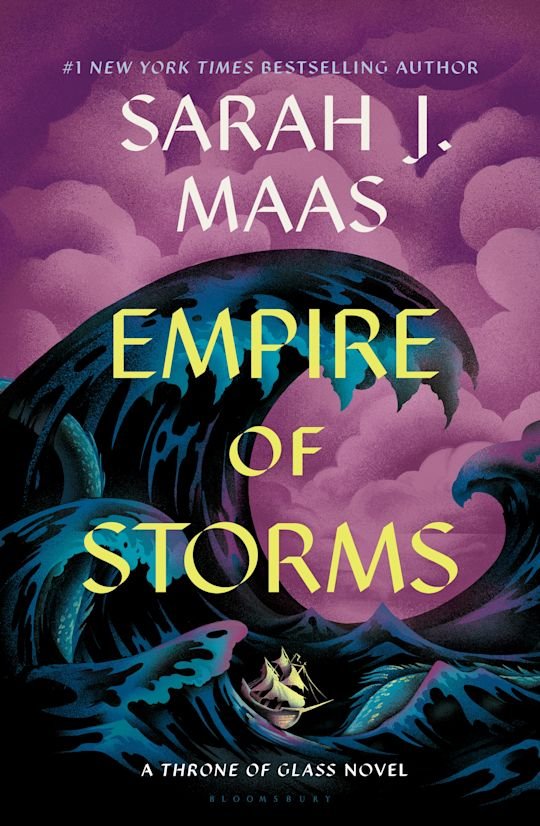Film Review of “A Real Pain”


This past Friday, one of the featured guests on Real Time with Bill Maher was Jesse Eisenberg. Eisenberg took the time to talk about his new film, A Real Pain, and the whole plot of the movie sounded so intriguing to me.
Right after finishing Real Time, I began scanning my streaming memberships and saw that A Real Pain was featured on Hulu and I immediately turned it on. Because I often rant on my Tik Tok about how I believe film is a genre of literature, I decided to write a short review of the movie.
The Plot
Essentially, the plot follows two Jewish American cousins who travel back to Poland after the death of their grandmother to pay homage to her legacy as a Holocaust survivor. The two cousins, David and Benji, are basically polar opposites and their differences create tension and dark comedy throughout the film. David is a very anxious person who lives a cookie-cutter lifestyle and believes in… normalcy? There is nothing wild about David at all. On the other hand, Benji is a free-spirited and unpredictable man with mental health issues. While Benji is at times charming and charismatic, he also kind of makes people uncomfortable.
The cousins meet up with a travel group to explore Poland’s Holocaust history. The group, itself, is filled with interesting characters. One of them is a survivor of the Rwandan genocide who converted to Judaism, one is a divorcée, a Jewish American couple is part of the group, and the tour guide is an English guy who is not Jewish but interested and passionate about the history of the Jewish people. Together, all of these people explore various sites in Poland that have something to do with Jewish history or the Holocaust.
David and Benji leave a day early to visit their grandmother’s home. After their journey, they go back home to New York City and go their separate ways.
Let’s Discuss
I actually really enjoyed this movie. I think at the end of the day the real heart of the plot is this idea that a shared traumatic past has lasting impacts on future generations. Despite their grandmother overcoming arguably the worst tragedy in human history, the cousins are still messed up people. David is anxious and can’t get out of his own head, and Benji is unstable and suicidal at times.
There is also something to be said about how people deal with generational trauma. David is a person who, even when sad, shelves his feelings and pushes through. Benji openly cries and has outbursts. Are either coping mechanisms actually healthy? I think both cousins represent extreme sides of the emotional spectrum and a happy medium is necessary.
Symbolism
I actually really loved looking at the symbolism throughout the film and I do believe it was all over the place. Let’s talk about some key moments:
- When we first meet Benji in the airport, he’s wearing striped pants. More specifically, the pants are a bluish/gray color. Striped clothing is incredibly important to Holocaust history as the victims were often forced to wear striped outfits. (Remember The Boy in the Striped Pajamas?) I think this is symbolic of Benji’s inability to move forward in life. He’s constantly trapped in past sadness and can never overcome… really anything.
- David and Benji are always wearing backpacks. I think this is a nod to how much baggage these cousins are constantly carrying with them. It weighs them down.
- Speaking of David and Benji, those names are not accidental. It just so happens that the two key characters of the film are named after very important figures in Jewish history? Now, that would probably be the case either way. It’s common to name children after religious figures. But who were David and Benjamin? Well, King David is a complex figure and so is Benjamin. Whole books are written on these guys. But, what I will say briefly here is that King David often represents devotion, leadership, humility, creativity, etc. King David’s line is also incredibly important and David does have a child in the movie. Benjamin, on the other hand, is kind of a sad character. His mother dies giving birth to him. He typically represents hope and suffering, loyalty, youth, strength, etc. I think there is a lot to be picked apart here regarding the characters in the movie and their religious counterparts.
- The name of the movie, itself, is symbolic. I think at first glance the title suggests the “real pain” is Benji. David seems to be dealing with Benji throughout the film. But under the surface, there is genuine pain. Both David and Benji are in actual pain. Not to mention, they’re visiting historic Holocaust sites. “Pain” is probably an understatement to the victims of the Holocaust.
- The title is shown at the very end of the film. I actually do think this is an important little point being made at the end of the movie. The camera settles in on Benji sitting in the airport and the title appears next to his head. Usually, titles appear at the beginning of the film – at the beginning of a story. Is Benji’s real story about to begin? I mean, he’s even sitting in an airport.
To Ponder
A central question I found myself thinking about while watching this movie was: How do we respectfully and properly visit sites like concentration camps? I mean, these are places of brutal history and horror where millions of innocent people were tortured, murdered, experimented on, etc.
And yet, loads of people visit these sites while on vacation every year. Isn’t this kind of… strange? There seems to be something inherently wrong with taking a selfie in front of a gas chamber, no? Or, is it somehow educational?
I think there is a fine line between visiting for vacation’s sake and paying respects. I’ve never personally visited a Holocaust site, but I have been to other locations of horror. My husband’s family is from Gettysburg, Pennsylvania, and there is something very troubling about having a “good time” touring the battlefields.
I don’t know what the answer is, but I do think it’s an important question to ask.
In General
Again, I really enjoyed this film. I think there is a lot to think about and pick apart. I also think Kieran Culkin deserves the Oscar nomination.






